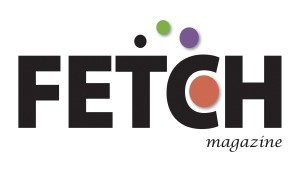BY JESSICA PAIRRETT, COPY EDITOR
Snuggles and kisses, gentle nuzzles and hilarious antics. These are all attributes we love about spending time with our dogs. We’ll include the feline variety in there as well. But what about the quality time spent with horses? If you haven’t had the opportunity to do so yet, you’re sure missing out.
Located in Franksville, Stepping Stone Farms is one of those special places where you can meet a number of equally special horses. The nonprofit is a therapeutic facility that also rescues or receives donated horses. Lia Sader, founder of Stepping Stone Farms, says that horses have been her passion since she was a young girl. In Lia’s past life, she was a farrier working on horses’ shoes and hooves. But in 2004, her calling changed, and the farm was born.
Saving Those in Need
Stepping Stone Farms, while rescuing horses of any breed, keeps a focus on those who are older. Working with horses also included working with their owners, many of whom had the wrong breed of horse that did not meet their needs, Lia says. Sadly, Lia also met many owners who no longer wanted their horses because they could no longer be ridden or there was another unforseen circumstance.
Most of the horses that come to the farm are leaving bad situations. But that doesn’t necessarily mean that they have been intentionally neglected or did not receive good care. Sometimes, Lia says, the horse’s owner is doing the best he or she can to care for the animal, as can happen with dog rescue. One of the horses Stepping Stone Farms took in came from a situation in which its family just could not afford the food, and the horse was extremely malnourished. But this is where the beauty of rescue steps in to help the horses continue along their journey.
“The horses need to live their lives, have a job and do something,” Lia says. Just because a horse may be older or have a foot condition does not mean their life is over. This just means they’re ready to move on to that next chapter.
One rather particular fellow is 40-year-old Pony who Lia describes as a grumpy old man—but not all the time. He’ll keep to himself but knows how to be a friend, too. One visitor to the farm, a young girl, had poor social skills and had a hard time making friends. That is, until Pony followed the little girl around the show ring. “He taught her how to be a friend,” Lia marvels. This goes to show that age is nothing but a number!
A Therapeutic Mission
Saving animals, both large and small, may warm the hearts of some of us. Those same animals can also provide therapeutic benefits. Stepping Stone Farms offers therapeutic riding but also programming for children and adults who have mental health issues. Equine-assisted coaching is one way in which the horses are used for therapy.
Lia is a huge proponent of Eagala certification, in which an equine specialist and a mental health clinician work as a team along with a client and a horse. The Eagala model is ground-based with no riding involved. This allows children and adults of all abilities to take part in the therapy. The group works inside an arena, and the horse and client can interact as they wish, which creates a deep connection and gives the client space for reflection.
Clients at Stepping Stone Farms will currently work alongside Lia and a chosen horse (she has an opening for a therapist!) to build self-efficacy, self-confidence, self-acceptance and self-discovery. While working with these giant, gentle beings, clients also build skills in communication, trust, assertiveness, healthy boundaries and impulse moderation. Equine therapy also helps in the reduction of anxiety and isolation.
Having experienced the benefits of equine therapy herself, Lia wants to share the same benefits with others. When Lia was 17, her mom passed away. Lia used to suffer from depression, and it was time spent with animals—horses in particular—that helped her heal.
Why Horses?
Horses may be large and powerful, but their size can help us take pause and reflect on times when we feel overwhelmed with large obstacles looming ahead of us. Plus, they are intelligent and especially sensitive to their environment. That includes reading our body language which they interpret and respond to accordingly. And, just like our beloved dogs, horses have their own personalities, moods and attitudes, too (remember Pony?).
Why not stop and check out Stepping Stone Farms yourself? During the last weekend of April, make sure to visit the farm’s free fundraising event “A Day of Horse Play.” The event is held rain or shine and will offer a good time whether or not you bring the kids!
Call (414) 379-2314 or visit steppingstonefarms.com for more info.

 Copper Arrow Photography
Copper Arrow Photography





